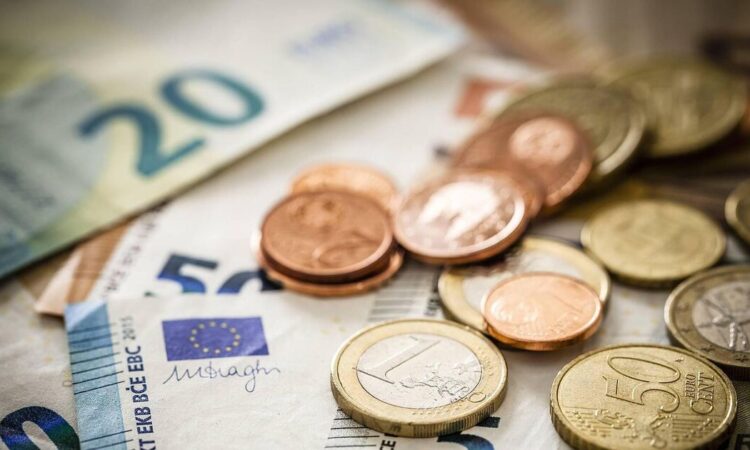
Inflation in the eurozone slowed down to 5.3% during July, new figures from Eurostat show, easing pressure on the European Central Bank (ECB) to raise rates once again during its meeting next month.
Annual inflation is down from 5.5% recorded in June and from the 8.9% recorded in July last year.
Price growth excluding food and energy, which is a measure monitored closely by the ECB, was flat at 5.5%. Annual inflation for food, alcohol and tobacco was running at 10.8% in July.
The services sector is currently one of the largest contributors to underlying inflation with prices increasing 5.6% compared to July last year which is a potential worry for the ECB as this can be primarily driven by wage increases which tend to be sticky.
Eurostat figures also show that inflation in the broader EU is 6.1% – down from 6.4% in June.
A number of EU member states were still experiencing double-digit inflation during July. Hungary is experiencing 17.5% inflation, the highest in the EU, with Slovakia, Poland, and Czechia, experiencing 10.3%, 10.3%, and 10.2% inflation respectively.
The countries experiencing the lowest rates of inflation are Belgium at 1.7%, Luxembourg at 2%, and Spain at 2.1%.
The ECB has previously said that interest rates will be set at levels which will return inflation to its 2% medium-term goal. It has not ruled out another rate increase before the end of the year.





